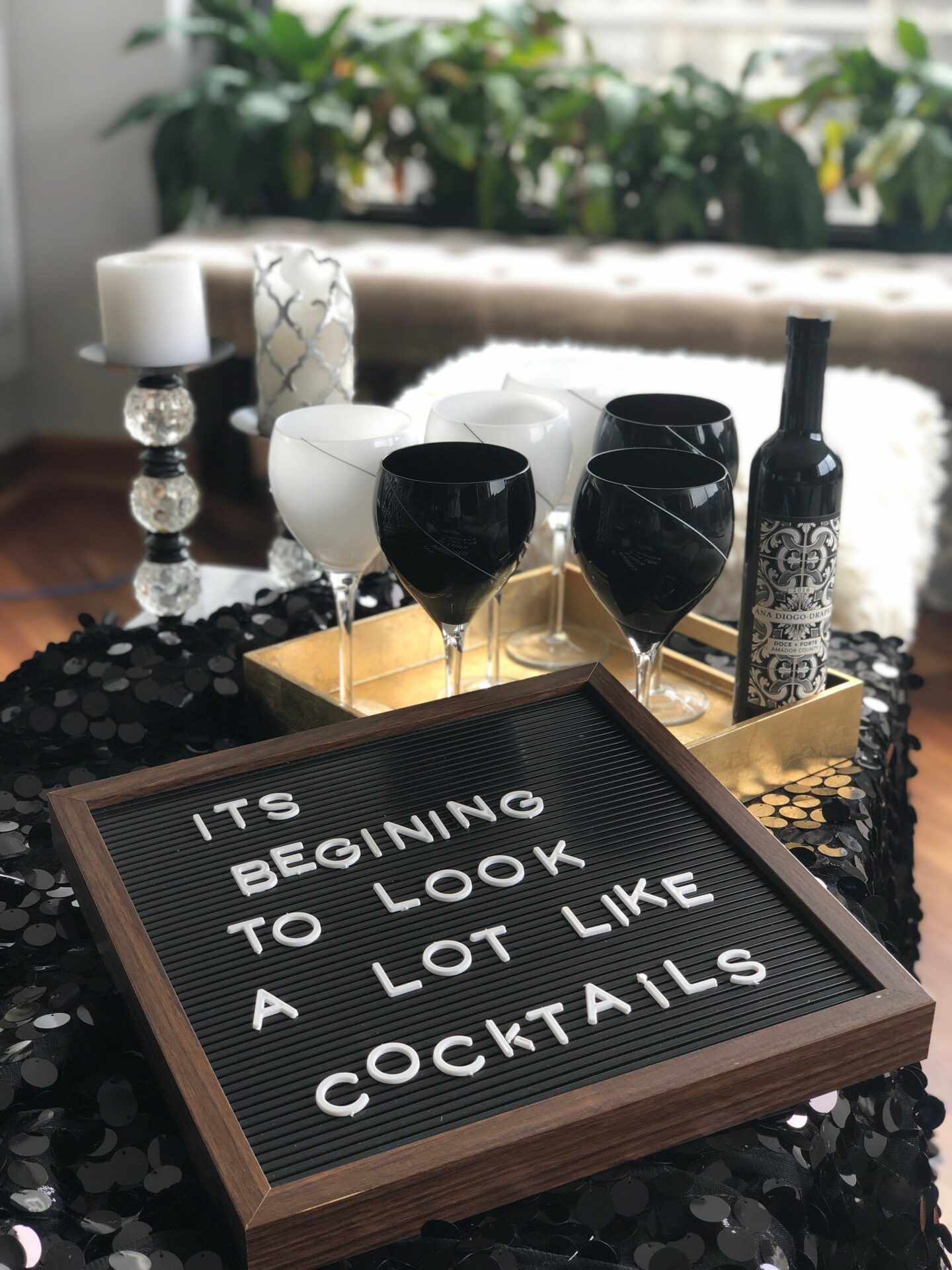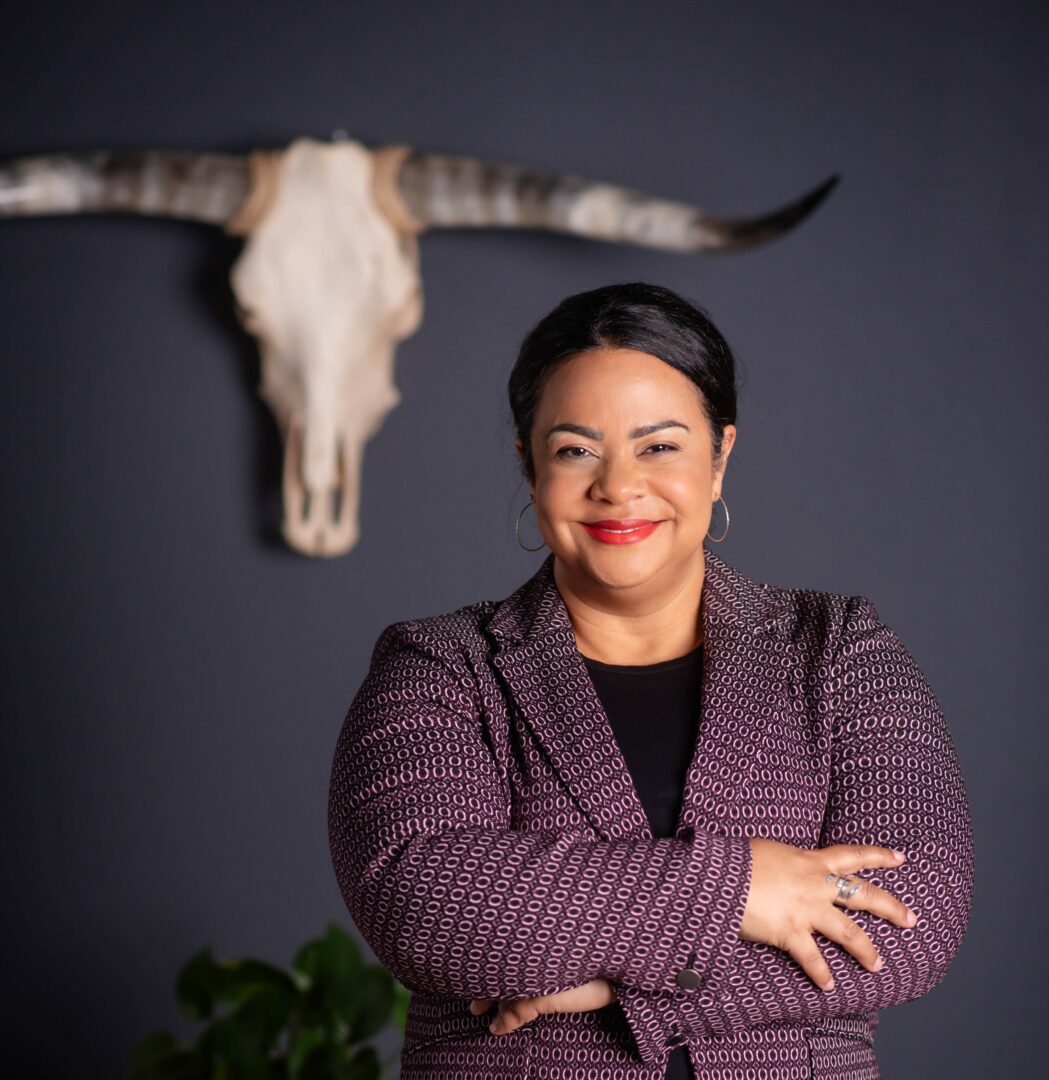We were lucky to catch up with Yoli De La Mora recently and have shared our conversation below.
Yoli, first a big thank you for taking the time to share your thoughts and insights with us today. I’m sure many of our readers will benefit from your wisdom, and one of the areas where we think your insight might be most helpful is related to imposter syndrome. Imposter syndrome is holding so many people back from reaching their true and highest potential and so we’d love to hear about your journey and how you overcame imposter syndrome.
Wow, it took me a really long time to get over having imposter syndrome. I started the process first by speaking my concerns to my close friends, family, and my mentor. They quickly assured me that I am worthy of my title. It was then that I started to truly recognize and acknowledge my accomplishments. I challenged all negative thoughts, embraced failure as a learning opportunity, normalized my imperfections and I started to celebrate my progress.
Let’s take a small detour – maybe you can share a bit about yourself before we dive back into some of the other questions we had for you?
As an event planner, my role is to orchestrate unforgettable experiences for a wide range of occasions. I work closely with clients, understanding their desires, budgets, and needs, and then bring their visions to life through meticulous planning and coordination.
What truly excites me about event planning is the ability to craft moments that leave a lasting impact. It’s the power to transform ordinary spaces into extraordinary environments, weaving together elements of design, theme, and atmosphere to create an immersive experience for attendees.
But what truly makes this profession special is witnessing the joy and happiness that events bring to people’s lives. It’s the smiles, laughter, and connections made during these gatherings that make all the hard work worthwhile. Whether it’s a wedding, a dinner party, or a charity gala that raises funds for a worthy cause, being able to facilitate these meaningful moments is incredibly rewarding.
What sets event planning apart is the dynamic and fast-paced nature of the work. No two events are the same, and each project presents its own set of challenges and opportunities. It keeps me on my toes, constantly pushing me to think creatively, adapt to new trends, and deliver exceptional results within tight deadlines. The thrill of problem-solving, collaborating with talented teams, and seeing everything come together flawlessly is an adrenaline rush like no other.
In summary, as an event planner, I have the privilege of creating magical experiences, leaving a positive impact on people’s lives, and embracing the dynamic nature of the industry. It’s a profession that combines my passion for design, organization, and people, allowing me to turn dreams into reality, one event at a time.
At Toast and Kiss we are very excited to launch a new line of products for sale and for rent. Up on our website in August.
Looking back, what do you think were the three qualities, skills, or areas of knowledge that were most impactful in your journey? What advice do you have for folks who are early in their journey in terms of how they can best develop or improve on these?
In my journey as an event planner, I have found three qualities, skills, or areas of knowledge to be particularly impactful. Here they are, along with advice for those starting out in the field:
1. Organization and Time Management: The ability to stay organized and manage time effectively is crucial in event planning. Develop systems and tools to track tasks, deadlines, and important details. Utilize calendars, checklists, and project management software to stay on top of your workload. Seek time management techniques and prioritize tasks based on their importance and urgency. Consistency and discipline in maintaining organized workflows will greatly enhance your efficiency and success.
Advice: Start by creating a structured approach to your work, breaking down tasks into smaller, manageable steps. Experiment with different organizational tools and methods to find what works best for you. Continuously evaluate and refine your processes to optimize your productivity.
2. Communication and Interpersonal Skills: Strong communication and interpersonal skills are essential in event planning, as you interact with clients, vendors, team members, and attendees. Develop the ability to listen actively, ask insightful questions, and effectively convey ideas and expectations. Cultivate a professional and friendly demeanor, building rapport with clients and fostering positive relationships with collaborators. Adapt your communication style to various stakeholders and situations, whether it’s negotiating contracts, leading a team, or engaging with attendees.
Advice: Practice active listening by paying close attention to others and seeking to understand their perspectives. Hone your written and verbal communication skills through courses, workshops, or practice exercises. Seek opportunities to collaborate and work in team environments to strengthen your interpersonal abilities.
3. Creativity and Problem-Solving: Event planning often requires creative thinking and problem-solving to design unique experiences and overcome challenges. Develop your creativity by staying informed about the latest trends, attending industry events, and exploring diverse sources of inspiration. Cultivate the ability to think on your feet, adapt to unexpected situations, and find innovative solutions when faced with constraints or obstacles.
Advice: Embrace a mindset of curiosity and exploration. Seek inspiration from different industries, cultures, and art forms. Engage in brainstorming sessions, encourage collaboration, and don’t shy away from taking calculated risks. Embrace a growth mindset, viewing challenges as opportunities for learning and growth.
Remember, developing these qualities and skills is an ongoing process. Continuously seek opportunities to learn, improve, and expand your knowledge in these areas. Embrace feedback, stay up to date with industry trends, and never stop honing your craft. Embrace a passion for continuous improvement, and let your journey in event planning be fueled by curiosity, dedication, and a commitment to delivering exceptional experiences.
What would you advise – going all in on your strengths or investing on areas where you aren’t as strong to be more well-rounded?
This is a great question. In my other life I am a certified Business Coach, and this conversation is often had. In this interview I’m going to take the liberty and give a free session to your readers. Lol.
IMO, In my industry it is crucial to become well-rounded by investing effort on improving areas you aren’t as strong in for several reasons:
1. Versatility and Adaptability: By investing effort in areas where we aren’t as strong, we become more versatile and adaptable individuals. Life often presents us with unexpected challenges and opportunities, and having a diverse skill set allows us to handle different situations with confidence and ease. Being well-rounded enables us to pivot, take on new roles, and excel in a variety of contexts.
2. Collaborative Advantage: Developing skills in areas of weakness enhances our ability to collaborate effectively. When we understand multiple perspectives and have a basic competency in different domains, we can communicate more efficiently with colleagues from diverse backgrounds. This fosters stronger teamwork, empathy, and a collective problem-solving mindset. By filling gaps in our team’s expertise, we contribute to a more well-rounded and cohesive group dynamic.
3. Personal Growth and Continuous Learning: Investing effort in improving areas of weakness promotes personal growth and continuous learning. It demonstrates a growth mindset—a belief that our abilities can be developed through dedication and hard work. By embracing the challenge of developing new skills, we expand our knowledge, build resilience, and gain confidence. This commitment to growth fuels our personal and professional development.
4. Overcoming Limiting Beliefs: Focusing solely on our strengths may lead to complacency and reinforce limiting beliefs. By actively working on our weaker areas, we challenge these beliefs and push beyond self-imposed boundaries. As we make progress and witness our growth, we gain a newfound sense of self-assurance and break free from the limitations we once believed defined us.
5. Holistic Success: Being well-rounded contributes to holistic success and a well-balanced life. While excelling in our strengths is important, neglecting other areas can lead to imbalance and hinder our overall satisfaction and effectiveness. By investing effort in areas of weakness, we cultivate a more harmonious and integrated approach to our personal and professional lives.
Being more well-rounded by investing effort in areas of weakness allows us to adapt, collaborate, grow personally, challenge limiting beliefs, and achieve a more balanced and holistic form of success. It opens up new possibilities, enhances our versatility, and empowers us to thrive in a rapidly changing world.
Contact Info:
- Website: www.toastandkiss.com
- Instagram: www.instagram.com/toastandkiss
- Facebook: www.Facebook.com/toastandkiss
- Other: www.shecorp1.com


















